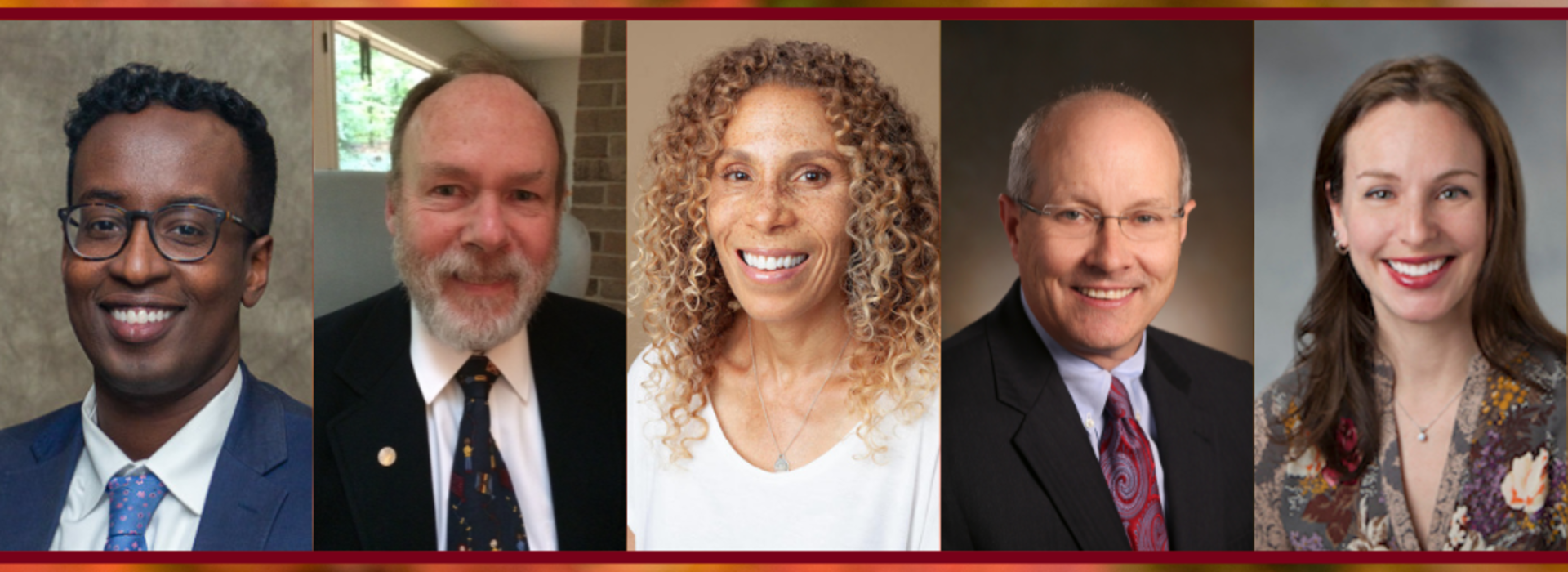
Medical School Alumni Relations Board Student Engagement Committee recruits alumni for Residency Mentoring Program
The Medical School Alumni Relations (MSAR) team created the MSAR Board, a team of volunteer alumni who obtained their medical degrees from the University of Minnesota Twin Cities or Duluth Campus, in 2020. In addition to semi-annual board meetings, members have the opportunity to join one of three committees: the Alumni Engagement & Events Committee, the Philanthropy Committee, and the Student Engagement Committee (SEC).
Over the past year, SEC collaborated with an existing Residency Mentoring Program led by medical students. The groups launched their combined effort in August and are building the program on both campuses with over 80 alumni in residency and beyond connected to current medical school students.
Mo Abdi, M.D., Class of 2014, is the Chair of the SEC and knows on a personal level how powerful the impact of a mentor is for a student’s future.
“My mentor and I continue to be in touch to this day,” he says. “We first connected early in medical school. At that time, I was having difficulty deciding between two specialties. Besides exploring these specialties with me, my mentor showed me around Minneapolis and shared travel stories. We kept in touch during my residency, and I asked for his feedback on my master’s application and questions about jobs.”
SEC’s mentorship program allows Dr. Abdi to carry the baton and help current students the way his mentor helped him.
John Ring, M.D., Class of 1977, is passionate about heralding new generations of doctors and calls upon alumni to do their part in ensuring that the future of medicine is bright.
“Personal experience should give alumni unique insight and credibility,” he explains. “If we believe, as I do, that the practice of medicine is more of a calling than a job, it is vital that we try to contribute in this fashion.”
For Mari K Baldwin, M.D., Class of 2000, the purpose is simple: pay it forward.
“We are here to support current medical students and provide mentorship,” she says.
Dale Ray, M.D., Class of 1998, agrees, elaborating, “As one advances through their career, the rewards of mentoring become more and more evident to all parties. For me, it helped me survive the rigors of medical school and influenced my career choice.”
SEC knows physicians are busy, and it may seem daunting to take on an additional responsibility. The mentorship program is designed to be mutually beneficial and not demand too much time from students or mentors. Rather, mentors are a trusted touchpoint for students, someone to turn to when they have questions. And mentors can stay connected to the University of Minnesota and share their wisdom and experiences with future generations of doctors, helping advance a legacy of excellence in UMN Medical School alumni.
“The work is low effort and high reward,” assures Lisa Roazen, M.D., Class of 2003. “I really enjoy being in touch with enthusiastic new doctors-to-be! We owe it to those who come after us and to our current and future communities.”
As the medical school has just matriculated its most diverse class ever, Dr. Abdi says that a focus in the first year of the mentorship program is including more rural, native, Somali, and Hmong mentors. “Join us,” he urges. “You will not regret it!”
If you’re interested in being a part of the SEC and the mentoring program, please email Christiana Maier, EdD, Director of Alumni Relations at the Medical School Duluth Campus at cmaier@d.umn.edu.